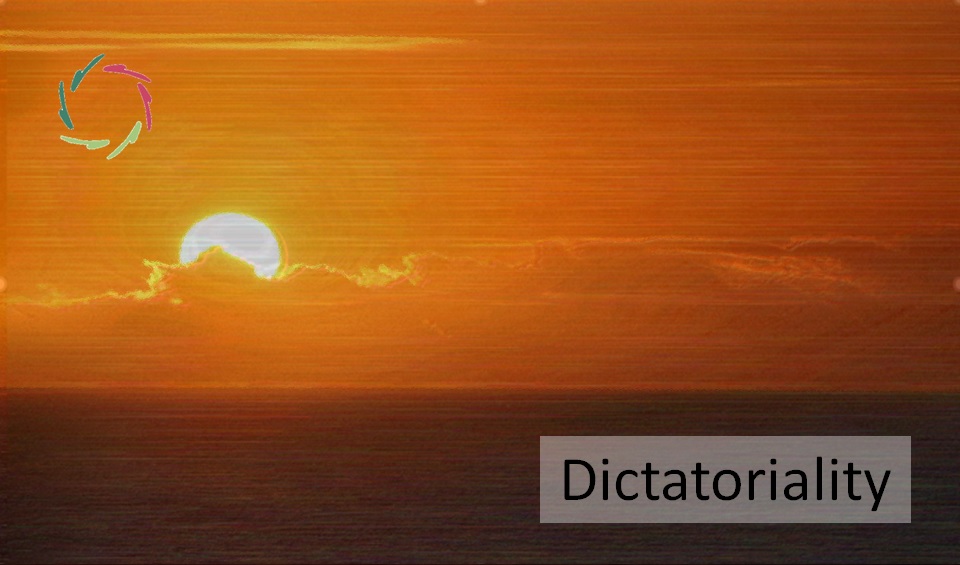Free Speech is Never Straightforward

Free speech is often hailed as a fundamental human right, a cornerstone of democracy. Yet, when examined closely, it becomes clear that free speech is far from straightforward. It’s a principle fraught with complexity, contradictions, and responsibilities.
What does it mean to be truly free in speech? And at what point does freedom of speech become a tool for harm, manipulation, or addiction?
The illusion of ‘freedom’ without respect
Freedom of speech, when detached from respect, can lose its essence as a force for growth. Without respect, words become weapons ― tools for manipulation, disinformation, or aggression. Social media exemplifies this, where disinformation spreads under the guise of free expression, often eroding trust and mutual understanding.
Respect is the foundation upon which meaningful communication stands. True freedom in speech arises only when we honor both the sender and the receiver, recognizing each other’s dignity and humanity. Without this respect, the very concept of freedom becomes hollow, a masquerade that disguises harm as liberty.
Subconceptual influences: speech beyond words
Speech does not merely operate on a conscious level. It reaches deep into the non-conscious, influencing thoughts and emotions in ways that the receiver may not consciously perceive. Advertisements, political propaganda, and even casual conversations can plant seeds of bias or fear, bypassing rational scrutiny.
If the receiver is not free to resist these influences, can the sender claim true freedom in their speech? This question challenges the traditional notion of free speech, urging us to consider the ethics of communication. Freedom that exploits non-conscious vulnerabilities is not genuine freedom — it is a form of subtle coercion.
Responsible speech: freedom balanced with accountability
True freedom of speech is inseparable from responsibility. The right to speak comes with the obligation to consider the impact of one’s words. This interplay between freedom and responsibility is not straightforward; it requires ongoing effort and self-awareness.
Responsible speech is about fostering dialogue rather than division, seeking to uplift rather than demean. It is not about suppressing expression but about channeling it towards constructive ends. When freedom and responsibility are in balance, speech becomes a tool for personal and societal growth.
Freedom as the capacity to listen
Freedom of speech is often framed as the liberty to express oneself. Yet, an overlooked aspect of freedom is the capacity to listen. Listening is an act of liberation, enabling us to connect deeply with others and enrich our understanding.
Education plays a crucial role in fostering this capacity. By teaching people to listen – not just hear – we cultivate a culture where dialogue thrives. In this sense, heightening one’s ability to listen is an act of expanding freedom itself.
The addiction of unrestrained freedom
Social media exemplifies how unrestrained freedom of speech can become a trap. Platforms designed to maximize engagement often exploit our vulnerabilities, amplifying divisive content and creating echo chambers. What appears to be freedom of expression is, in many cases, a cycle of dependency and manipulation.
This raises a critical question: Is unrestrained free speech truly liberating, or does it imprison us in patterns of addiction and division? Addressing this requires not only technological solutions but a deeper cultural shift towards mindful communication.
Navigating the tensions: wokeness and hurtful speech
The rise of wokeness has brought new dimensions to the debate on free speech. While advocating for progressive ideas is vital, it can sometimes lead to unintended harm. Can one be free to express wokeness while respecting the dignity of others? Where do we draw the line?
Navigating this tension requires empathy and discernment. It involves recognizing the difference between challenging harmful ideas and needlessly causing pain. Balancing freedom with Compassion is an art that demands continuous reflection and adjustment.
Towards a new understanding of communication
The challenges of free speech cannot be solved by focusing solely on expression. We need a broader perspective — one that redefines communication as a mutual act of respect, responsibility, and depth. This shift moves us beyond the surface-level debates about rights and restrictions, delving into the essence of what it means to connect as human beings.
True communication honors the autonomy and growth of both the sender and receiver. It is a practice of fostering understanding, bridging divides, and nurturing a culture of genuine freedom.
The non-straightforward path
Free speech is not a static right; it is a dynamic, ongoing practice. It demands wisdom, care, and a willingness to engage with its complexities. True freedom of speech is not the absence of constraints but the presence of respect, responsibility, and depth.
As we navigate the tensions and challenges of free speech in an increasingly interconnected world, the question remains: How can we collectively move towards a culture of genuinely free and responsible speech — one that uplifts, connects, and enriches us all?


